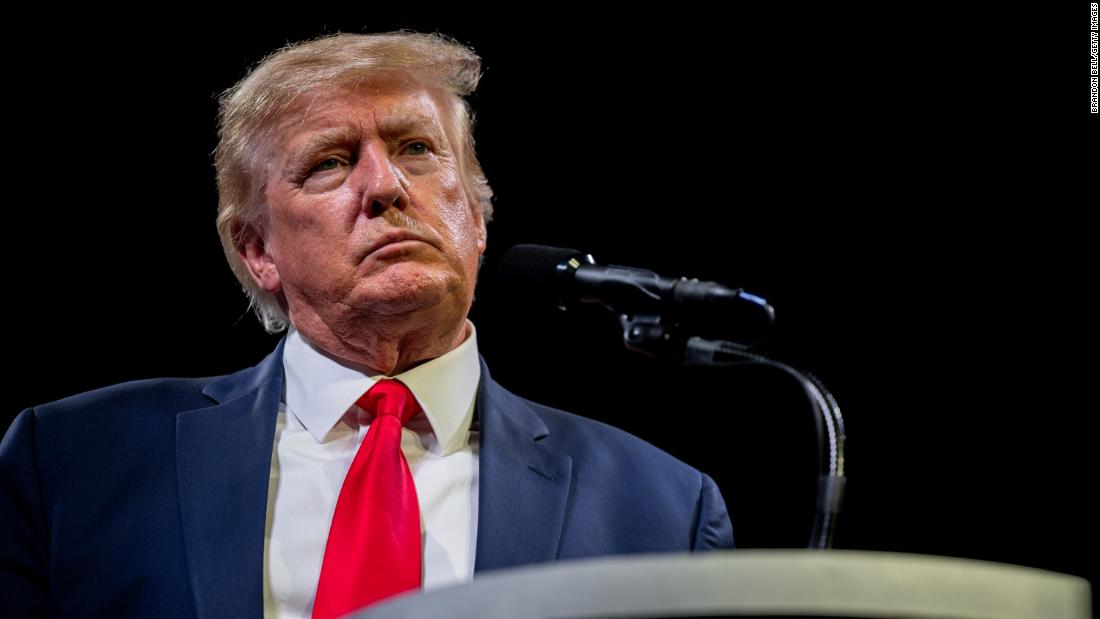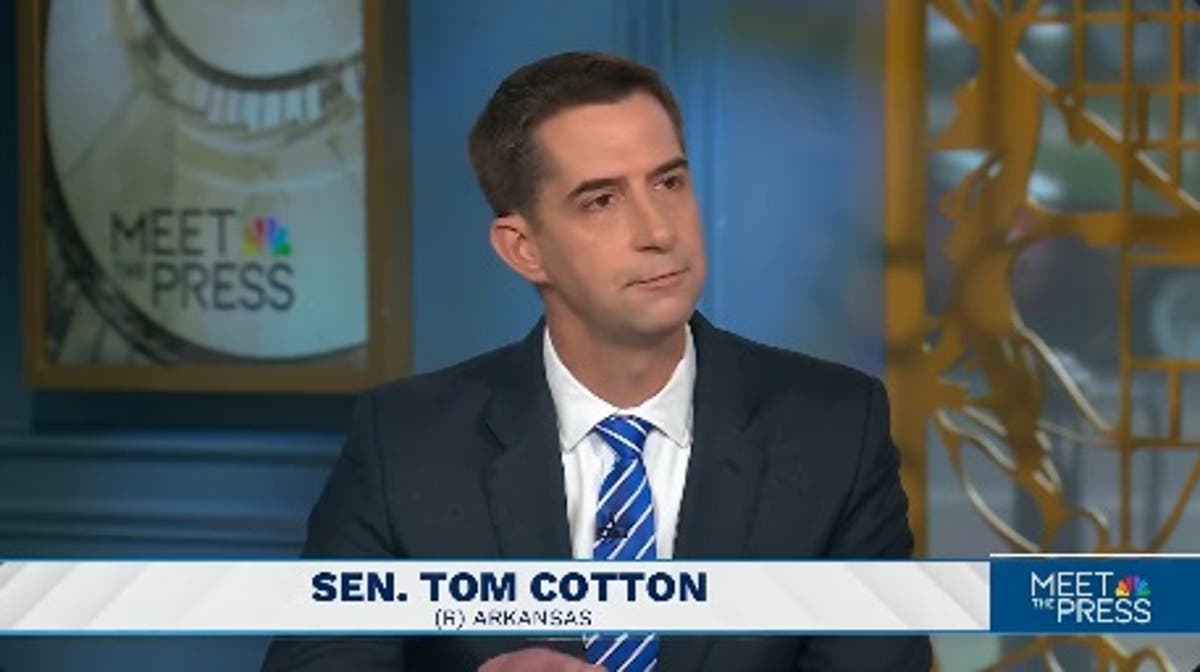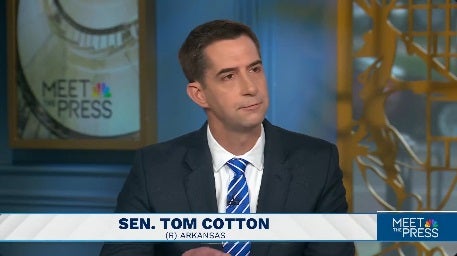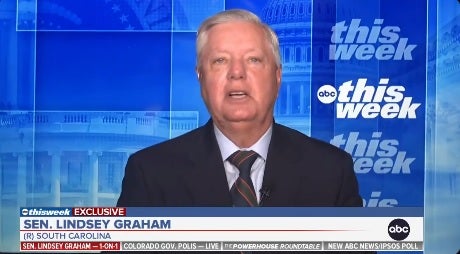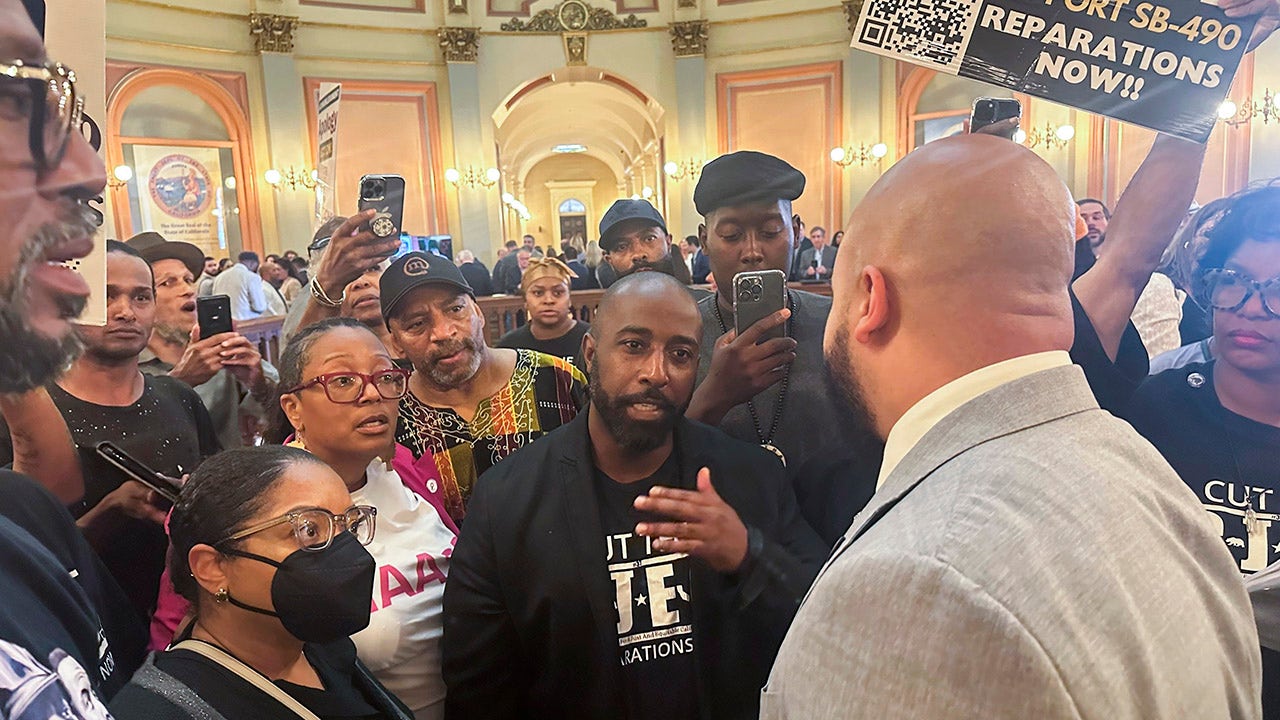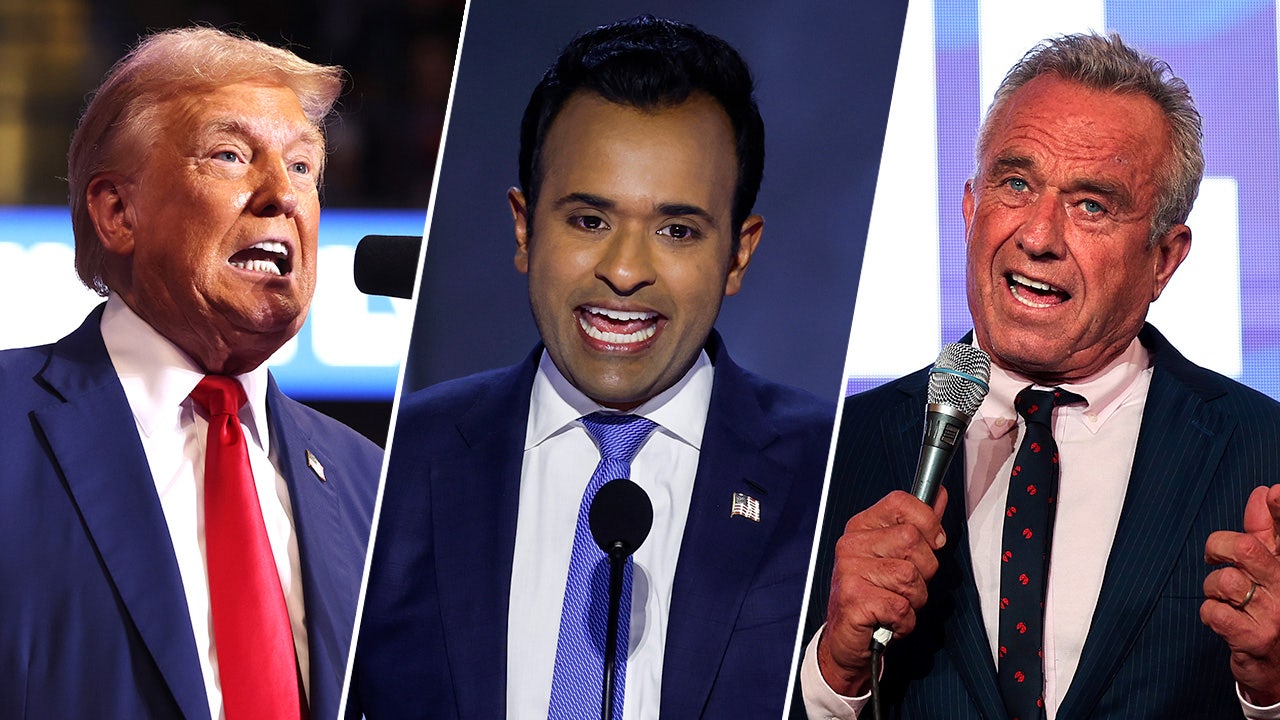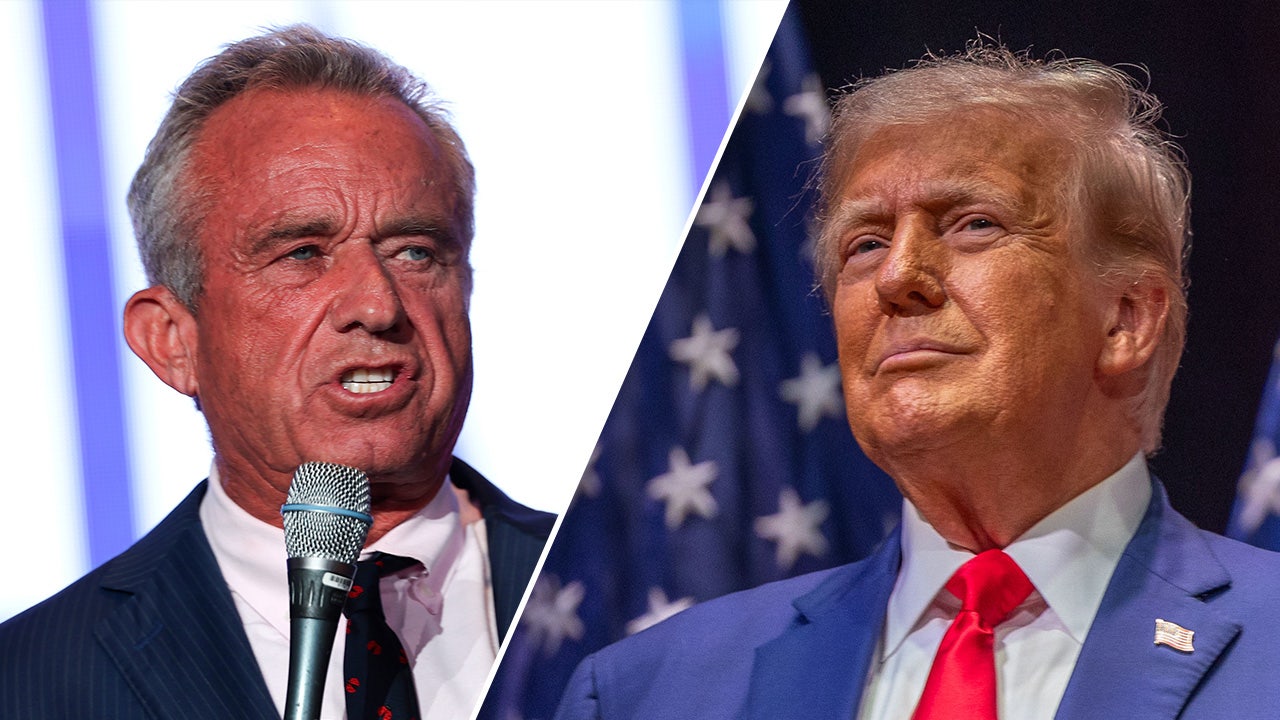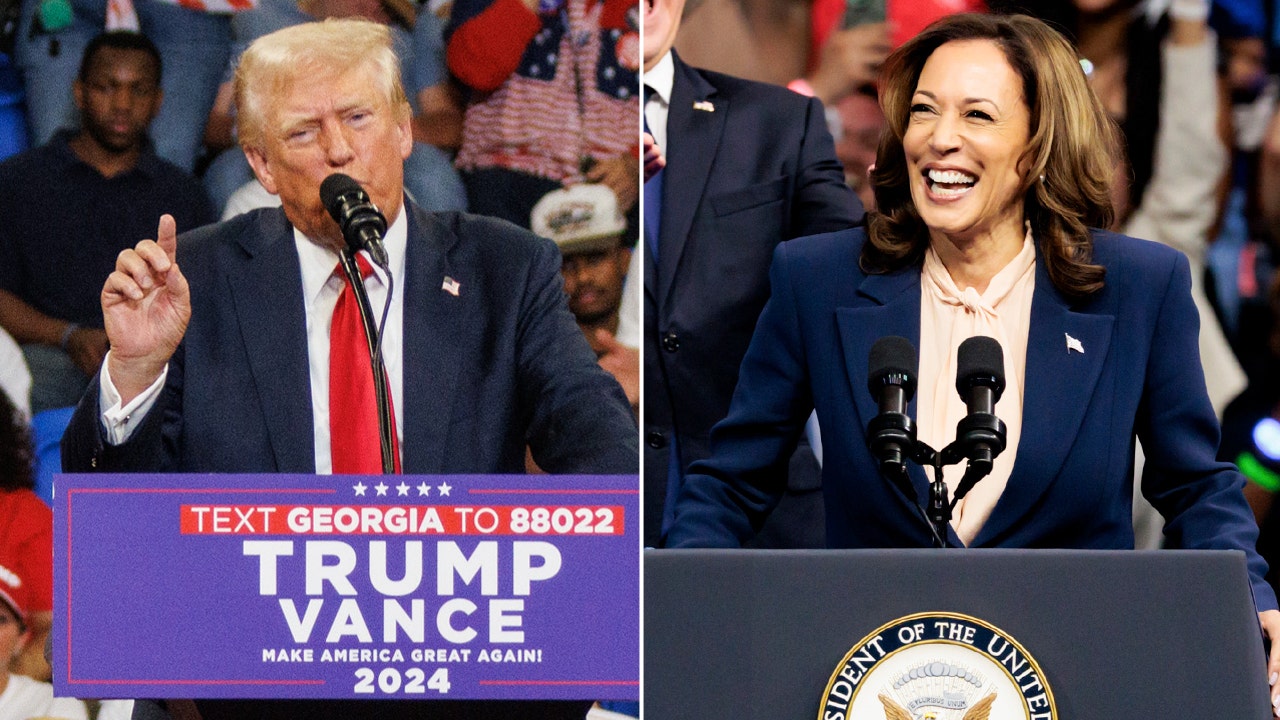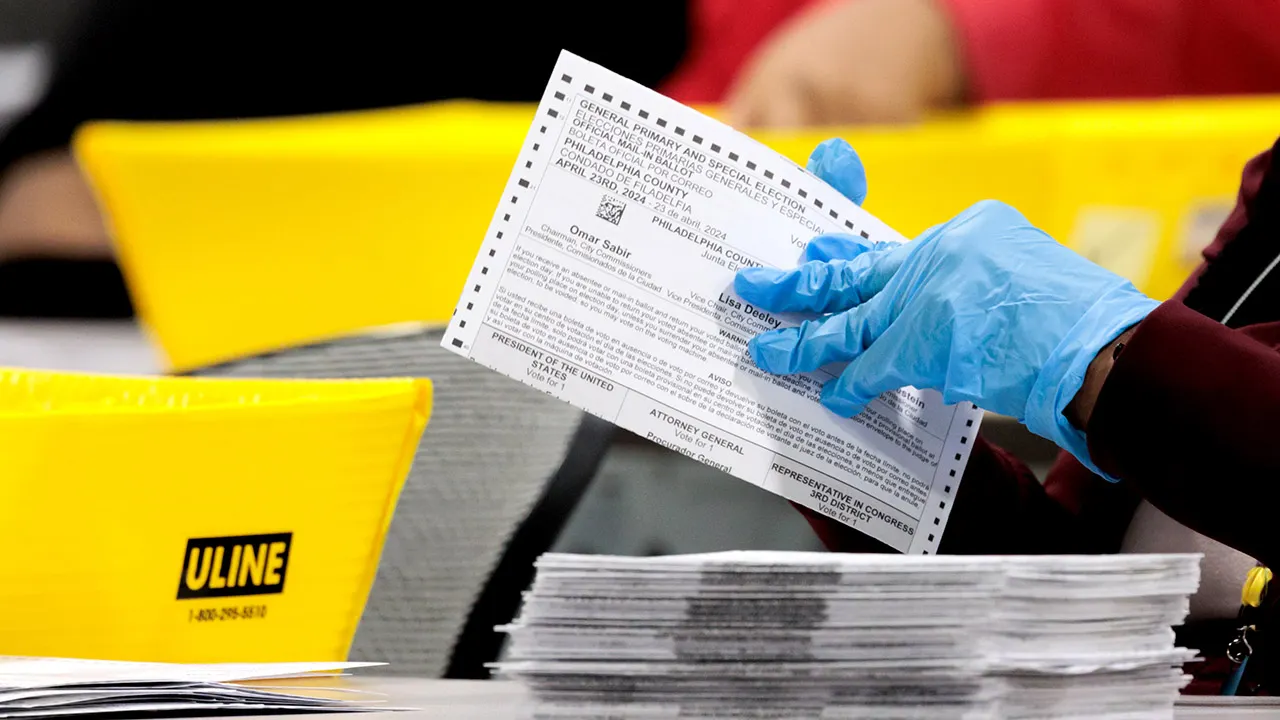The Alternative for Germany has won elections in the eastern region of Thuringia, the first time a far-right party has secured victory in a state poll in the country’s postwar history.
According to preliminary results, the AfD garnered 32.8 per cent in Thuringia, way ahead of all other parties. The centre-right Christian Democratic Union (CDU) was in second place with 23.6 per cent.
In the neighbouring state of Saxony, projections by public broadcaster ZDF put the two parties neck and neck, with the CDU projected to win 31.9 per cent and the AfD to come second with 30.6 per cent.
Tino Chrupalla, the AfD’s co-leader, described the party’s result in Thuringia as “sensational”.
“One thing is clear: the will of the voters is that there should be political change, both in Saxony and in Thuringia,” he said. “If you want to do credible politics, you won’t be able to do it without the AfD.”
The results are a disaster for the parties in chancellor Olaf Scholz’s three-way coalition, with the Social Democrats, Greens and liberals all predicted to sink to single-digits in both states.
In Thuringia, the SPD had its worst result in a regional election in postwar German history, scoring just 6.1 per cent.
They reflect mounting voter frustration among East Germans with a government many associate with high inflation, economic stagnation, surging energy costs and constant internecine squabbling.
But they also show how voters are increasingly abandoning the centre ground for populist parties on the political margins.
Omid Nouripour, the Greens’ co-chair, described the election as a “turning point”.
“People from the world of culture, people with immigrant roots, people who go to Gay Pride are really scared,” Nouripour said. “We have to stand together with them and defend democracy.”
The AfD is not the only beneficiary of the East Germans’ anger: they also voted in large numbers for a new far-left party, the Sahra Wagenknecht Alliance (BSW), which won 15.8 per cent in Thuringia and was projected by ZDF to win 11.8 per cent in Saxony.
Voters were attracted to both the AfD and BSW by their opposition to the war in Ukraine. Both parties have heavily criticised German weapons supplies to Kyiv, as well as western sanctions against Russia, and called for negotiations to bring about an end to the fighting.
The result has shown that 34 years after German reunification, a majority of people in two regions of the former communist east of the country are deeply disillusioned with the mainstream parties of the centre and frustrated with the way Germany is run.
Despite its stunning performance in Thuringia, the AfD will not be able to form a government there. Since no other party will co-operate with it, it will not enjoy the parliamentary majority needed to rule.
The AfD, which was formed 11 years ago by economists angry at the Eurozone bailouts, has morphed into a hardline, historically revisionist nationalist party vehemently opposed to immigration.
Germany’s domestic intelligence agency has designated the party’s local Saxon and Thuringian branches as “rightwing extremist”.
In Thuringia the party is led by Björn Höcke, an ethno-nationalist who has been fined twice by local courts this year for using banned Nazi slogans in speeches to supporters.
It could prove difficult to form viable coalitions without the AfD, however. For the CDU to govern in Thuringia, for example, it might have to team up with the BSW, an option that would be hard to swallow for many in the centre-right party.
Wagenknecht, a former communist who many see as an apologist for Russian President Vladimir Putin, has made changing Germany’s policy on Ukraine a precondition for any coalition talks.
She said her voters wanted to see “a different foreign policy in Germany”.
“They want to achieve more peace, more diplomacy, and that’s our condition for [joining] a government,” she said on ZDF.
That has triggered outrage in the CDU, which has been steadfast in its support for Ukraine and has pressed the Scholz government, already the second-largest provider of military assistance to Kyiv after the US, to supply even more weapons.
Höcke has taken a similar position to Wagenknecht, saying in his campaign speeches that the AfD was against Germany “being dragged into a war with Russia by some wacko western elites”.
But it might even prove impossible for the CDU to form a government with the BSW. Analysis by ZDF showed that even a three-way coalition between the CDU, BSW and the Social Democrats would be one seat short of a majority in the 90-seat Thuringian parliament.
The election campaign was also overshadowed by the August 23 terror attack in the west German town of Solingen, when a man fatally stabbed three people and injured eight others. The man, a Syrian national suspected of being a member of Isis, was arrested a day after the attack after handing himself in to police.
Both the AfD and BSW seized on the incident to claim that uncontrolled immigration had led to a surge in violent crime on German streets and to demand that asylum-seekers who have committed crimes be deported.
The disastrous performance of the three parties in Scholz’s coalition — the SPD, Greens and liberals — has led to speculation that one of them might withdraw from the government, triggering snap elections.
But experts say such an outcome is unlikely. All three are polling so badly nationwide that there is little appetite to face voters ahead of the next scheduled election in the autumn of 2025.

